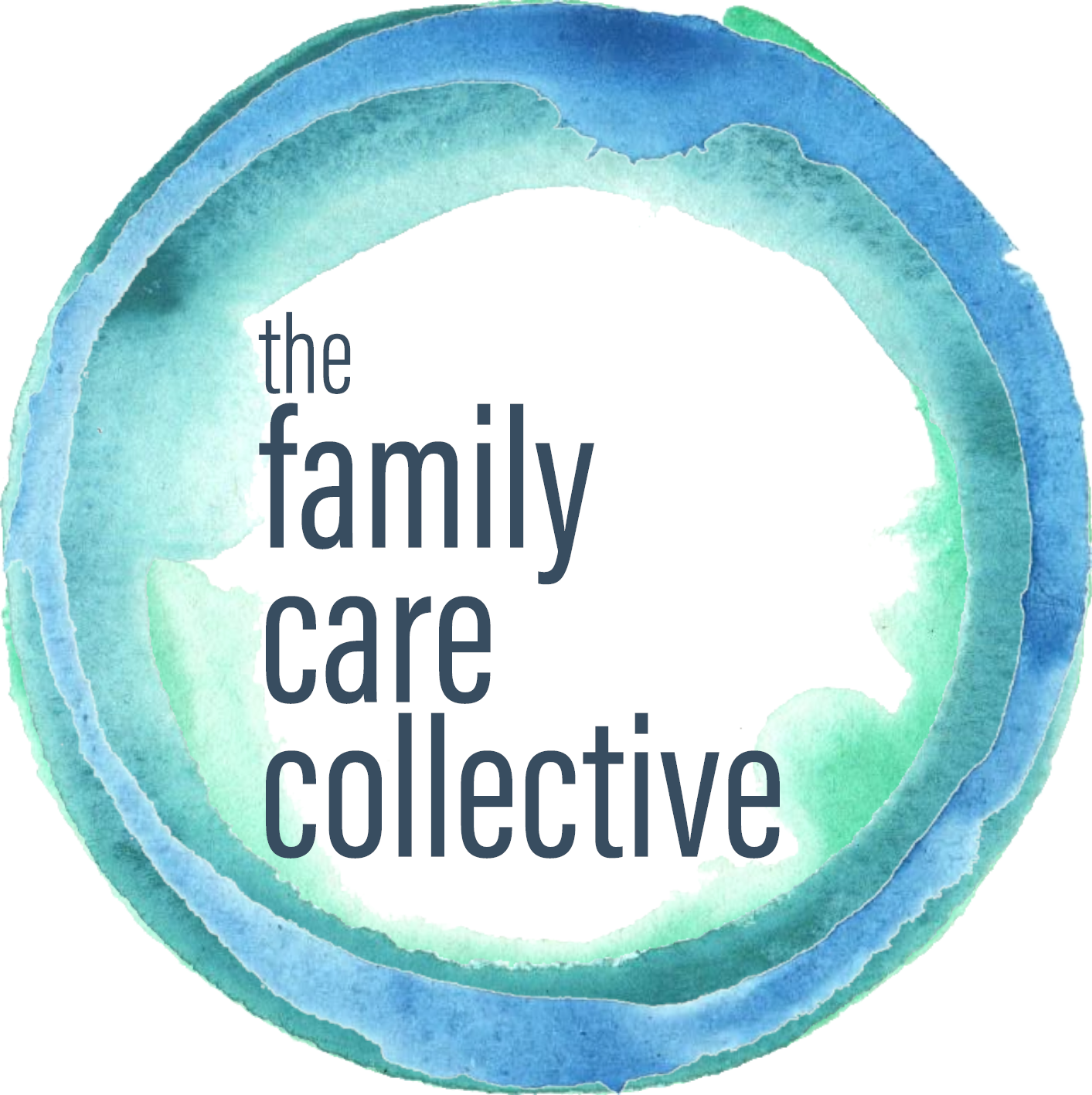
Projects
Home: Reflections of Confinement
FCC-MTL interviews experts on their perspective of the impact of COVID-19 on maternal mental health
Mothers, especially those of racialized or marginalized identities, bear the brunt of unpaid care of children, the elderly, and the household, often while maintaining employment out of the house. It has been widely claimed that this burden was deeply exacerbated by the conditions of the pandemic. To document the lived experiences of carers, specifically mothers, during the pandemic, The Family Care Collective initiated a two step letter-writing study entitled Home: Narratives of Confinement project, funded by SHIFT at Concordia University. Mothers across Montreal sent in anonymous letters to FCC, letters that were addressed to their partners, parents, employers, themselves, or their children in the future. In the second phase of the project, FCC conducted qualitative interview data collection with experts in the field of maternal mental health and community work in vulnerable populations to address certain themes reflecting on the post-pandemic era.
Home : Narratives of Confinement
FCC-MTL responds to the impacts of confinement on mothers during Covid.
Women, particularly of colour, bear the brunt of unpaid care of children, the elderly and the household while many also maintain waged work. Women have led the effort at the frontline, but suffer 50% more job losses, and as reopening occurs, are more likely to stay home. Domestic violence against women has also increased. Covid has exacerbated pre-existing gender inequality but confinement limits women’s access to their communities of support. FCC-MTL addresses and documents the toll on mothers through storytelling workshops. Family Care Collective Montreal (FCC-MTL) is a nascent community organization with a focus on advocacy, community support and access to resources and information. We have been providing informal social and practical support to new and expectant families, particularly from marginalized communities. Using letter-writing workshops, we will explore the experience of extra burdens placed on mothers during the pandemic – in terms of care work for children, elderly and sick people; homeschooling; emotional strain in couple relationships linked to confinement, division of labour, domestic abuse; stress from the threat or reality of joblessness; economic precarity. Sharing experiences through letter-writing has proven to be greatly therapeutic and offer perspective.
Birth Stories Project
Story-telling has existed potentially as long as birth-giving has. We need to tell our stories in order to forge a connection not only into the history of where we come from, but forwards, into the future.
Our stories define us. They provide a context and backdrop onto which we carve our experiences and identity. We collectively build on story, and the history of humanity exists due to the artful keeping of memory and history through storytelling.
The story of Birth has evolved since the beginning of time. It is a story that carries with it the weight of injustice, misogyny, and oppression, as well as the triumphs of many, who brought their wailing babies into the Earth on their own terms. This story is laden with intricacies and nuance, each birth story as unique as the experience of the birthgiver.
At the end of the day, it comes to this: a deep desire to be seen, heard, acknowledged and received in the telling of it.
Summary of the Project
The aim of the project is to bring together 10 - 12 women who would like to share their birth story. All stories are welcome. Inevitably some will be triumphant and others may be traumatic. Such is the nature of birth. All experiences will be held in a space of unfolding and healing.
There will be a mental health professional working with the project, and present at all exchanges with participants.
We will hold six workshops of three hours in which participants will tell and craft their stories. A final presentation will be rehearsed and participants will have the opportunity to invite an audience to attend one of two evening performances and post-show discussions.
Narratives of Motherhood
A research project conducted with researchers at the Division of Social & Transcultural Psychiatry at McGill University, in partnership with the Lady Davis Institute for Medical Research, Jewish General Hospital, that explores how women engage with various discourses of motherhood on the internet and in scientific and health literature. We are interested in women's interpretations of the latest neuroscience and epigenetics formulations of pregnancy and the postpartum period, and in how women relate to portrayals of motherhood in social media platforms such as Instagram.
The Division of Social & Transcultural Psychiatry at McGill University, is a network of scholars and clinicians who focus their research and training on topics of social and cultural psychology. These themes include global mental health, social determinants of mental health, immigrant and refugee mental health, and the diversity in mental health care.
"Mombrain and Sticky DNA": The Impacts of Neurobiological and Epigenetic Framings of Motherhood on Women's Subjectivities https://pubmed.ncbi.nlm.nih.gov/33928142/




